Technology was supposed to make life easier. But instead of freeing up time, it’s often making us feel more rushed, distracted, and overwhelmed.
From constant pings to endless multitasking, tech is reshaping our days—and not always for the better. Here are 10 ways it’s making us busier, not happier.
1. Smartphones Are Stress Machines

Smartphones keep us connected, but they also keep us on edge. Every buzz or ding triggers a stress response, releasing cortisol—the body’s stress hormone. Over time, this can lead to anxiety and even chronic health issues.
2. Notifications Shatter Focus
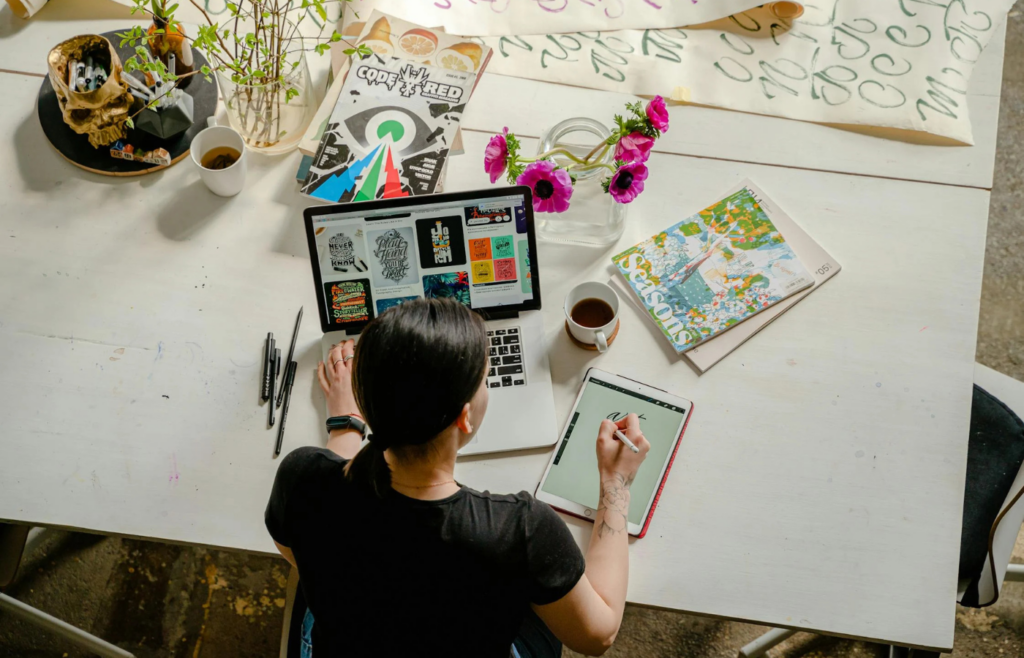
Push notifications interrupt our concentration, making it hard to complete tasks efficiently. Each alert can derail our focus, and it may take over 20 minutes to regain full attention.
3. Multitasking Drains Mental Energy
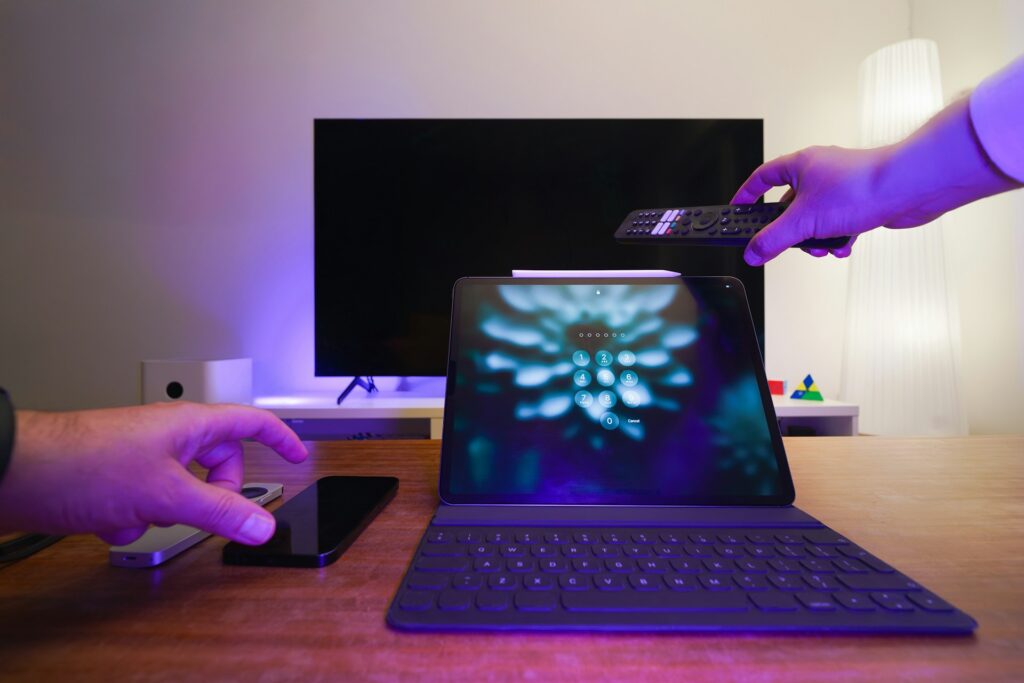
Attempting to handle several digital tasks simultaneously can increase anxiety and decrease productivity. Our brains aren’t wired to multitask effectively, and this constant switching can cause mental fatigue.
4. Remote Work Blurs Boundaries

While working from home offers flexibility, it often leads to blurred lines between work and personal life. Many remote workers report feelings of burnout and isolation due to the lack of clear boundaries.
5. Social Media Fuels Comparison

Social media platforms often showcase curated highlights of others’ lives, leading users to make unfavorable comparisons. This can result in feelings of inadequacy and increased stress.
6. Constant Connectivity Increases Anxiety
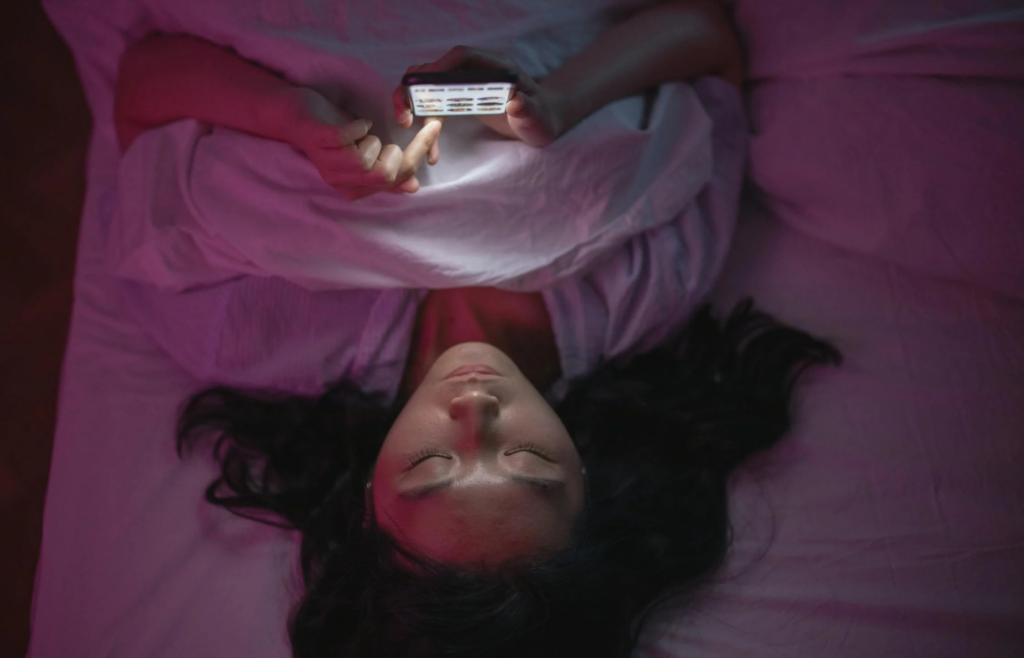
Being always reachable through various apps and platforms can create a sense of obligation to respond immediately, leading to heightened anxiety and disrupted sleep patterns.
7. Digital Overload Hampers Productivity

An excess of digital tools, notifications, and platforms can bombard employees with constant input, making it difficult to prioritize tasks or maintain focus. This digital overload often leads to decreased productivity, heightened stress levels, and eventual burnout if not managed effectively.
8. Tech-Induced Sleep Disruption

Extended exposure to screens before bedtime can significantly disrupt the quality of sleep. This disruption may lead to a range of negative outcomes, including increased fatigue and diminished cognitive function the following day.
9. Online Learning Challenges Attention Spans
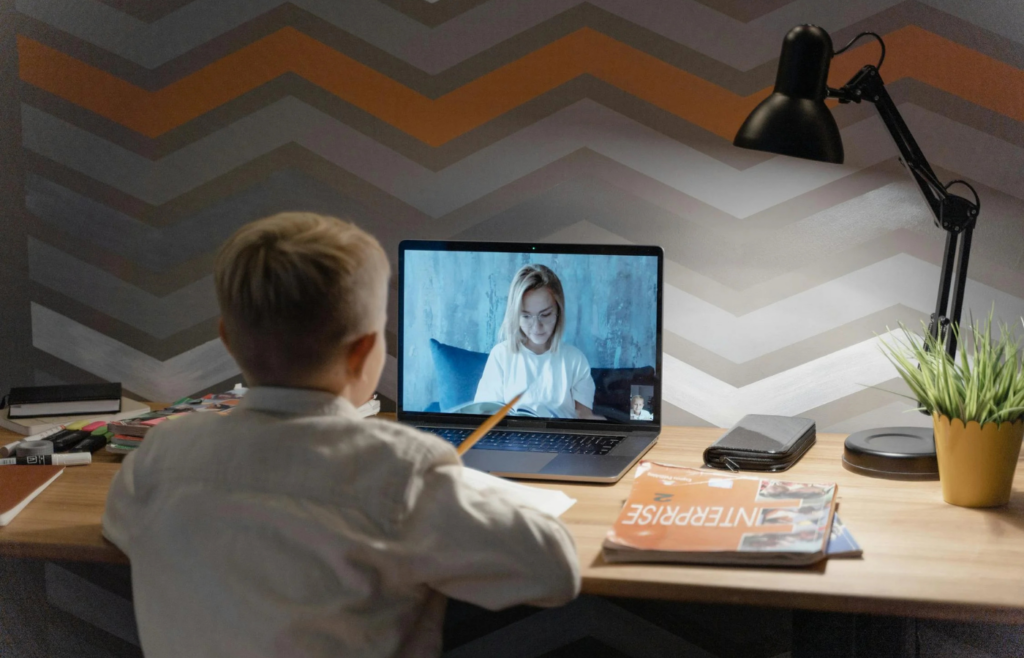
Virtual learning environments can make it harder for students to maintain attention, leading to decreased academic performance and increased stress.
10. Digital Tools Can Lead to Overcommitment
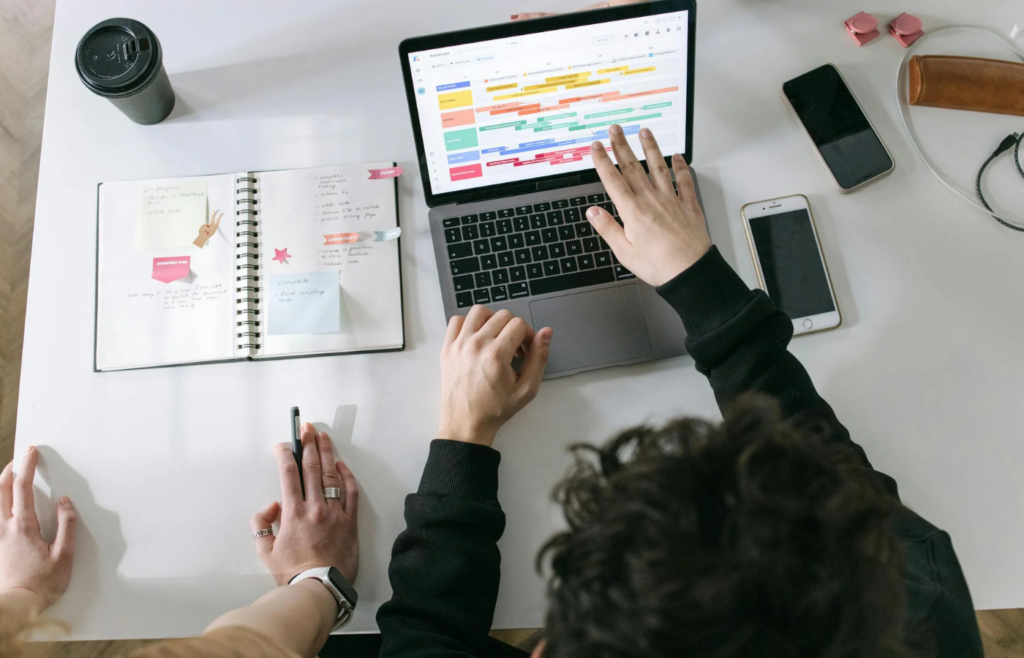
Easy scheduling and communication tools can lead to overcommitment, as individuals are booked with meetings and tasks, leaving little time for rest or deep work.
Technology has undoubtedly brought many conveniences, but it’s essential to recognize and mitigate how it can contribute to a busier, more stressful life. By setting boundaries and being mindful of our tech use, we can strive for a healthier balance.


